Mystery of millions of migrating birds dropping dead from US skies
Some experts believe the West Coast wildfires may be to blame for ‘unprecedented’ mass bird deaths in New Mexico
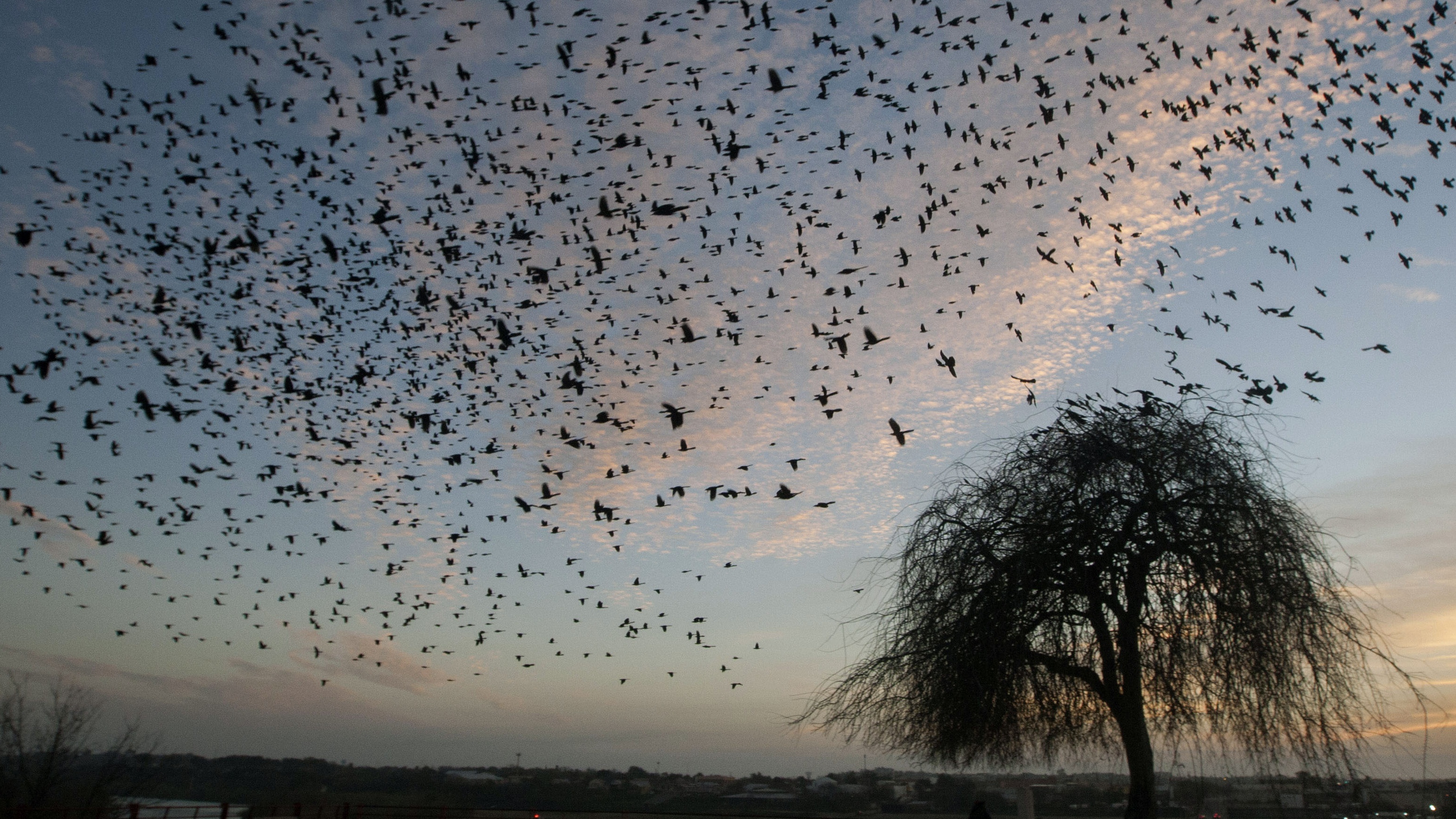
A free daily email with the biggest news stories of the day – and the best features from TheWeek.com
You are now subscribed
Your newsletter sign-up was successful
Experts are struggling to explain a mystery mass die-off of migratory birds in the southwestern US that biologists have described as “devastating”.
Flycatchers, swallows and warblers are among the species “falling out of the sky” across New Mexico, Colorado, Texas, Arizona and as far north as Nebraska, according to Martha Desmond, a professor at New Mexico State University (NMSU).
Scientists began investigating the phenomenon in late August after ”a large number of dead birds” were found at the US army’s White Sands Missile Range and White Sands National Monument in New Mexico, CNN reports.
The Week
Escape your echo chamber. Get the facts behind the news, plus analysis from multiple perspectives.

Sign up for The Week's Free Newsletters
From our morning news briefing to a weekly Good News Newsletter, get the best of The Week delivered directly to your inbox.
From our morning news briefing to a weekly Good News Newsletter, get the best of The Week delivered directly to your inbox.
“We know this is a very large event, hundreds of thousands and maybe even millions of dead birds, and we’re looking at the higher end of that,” Desmond told the US news channel.
The biologist says that a number of the species are “already experiencing huge population declines, and then to have a traumatic event like this is devastating”, reports New Mexico-based newspaper Les Crucas Sun News.
According to witnesses, “some birds have been displaying unusual behaviour before dying”, with species normally seen in shrubs and trees spotted on the ground looking for food and chasing insects, says The Guardian.
Some biologists have suggested that the wildfires raging across the West Coast of the US could be to blame. One theory is that the smoke has affected the birds’ migration patterns, forcing them to fly inland over the Chihuahuan desert, where there is little food or water.
A free daily email with the biggest news stories of the day – and the best features from TheWeek.com
“They’re literally just feathers and bones,” said Allison Salas, a graduate student at NMSU who has been collecting carcasses. “Almost as if they have been flying until they just couldn’t fly anymore.”
Other possible explanations put forward include a recent “cold snap” in the Mountain States that could have worsened conditions for the birds, and droughts that have depleted insect populations in the southwest.
Any of these weather events “may have triggered birds to start their migration early, having not built up sufficient fat reserves”, according to The Guardian.
Another theory is that the smoke from the wildfires may have damaged their lungs.
“It could be a combination of things. It could be something that’s still completely unknown to us,” said Salas.
As efforts to unravel the mystery continue, scientists are urging people living in the affected areas to log any sightings of dead birds on the iNaturalist social network.
-
 The ‘ravenous’ demand for Cornish minerals
The ‘ravenous’ demand for Cornish mineralsUnder the Radar Growing need for critical minerals to power tech has intensified ‘appetite’ for lithium, which could be a ‘huge boon’ for local economy
-
 Why are election experts taking Trump’s midterm threats seriously?
Why are election experts taking Trump’s midterm threats seriously?IN THE SPOTLIGHT As the president muses about polling place deployments and a centralized electoral system aimed at one-party control, lawmakers are taking this administration at its word
-
 ‘Restaurateurs have become millionaires’
‘Restaurateurs have become millionaires’Instant Opinion Opinion, comment and editorials of the day
-
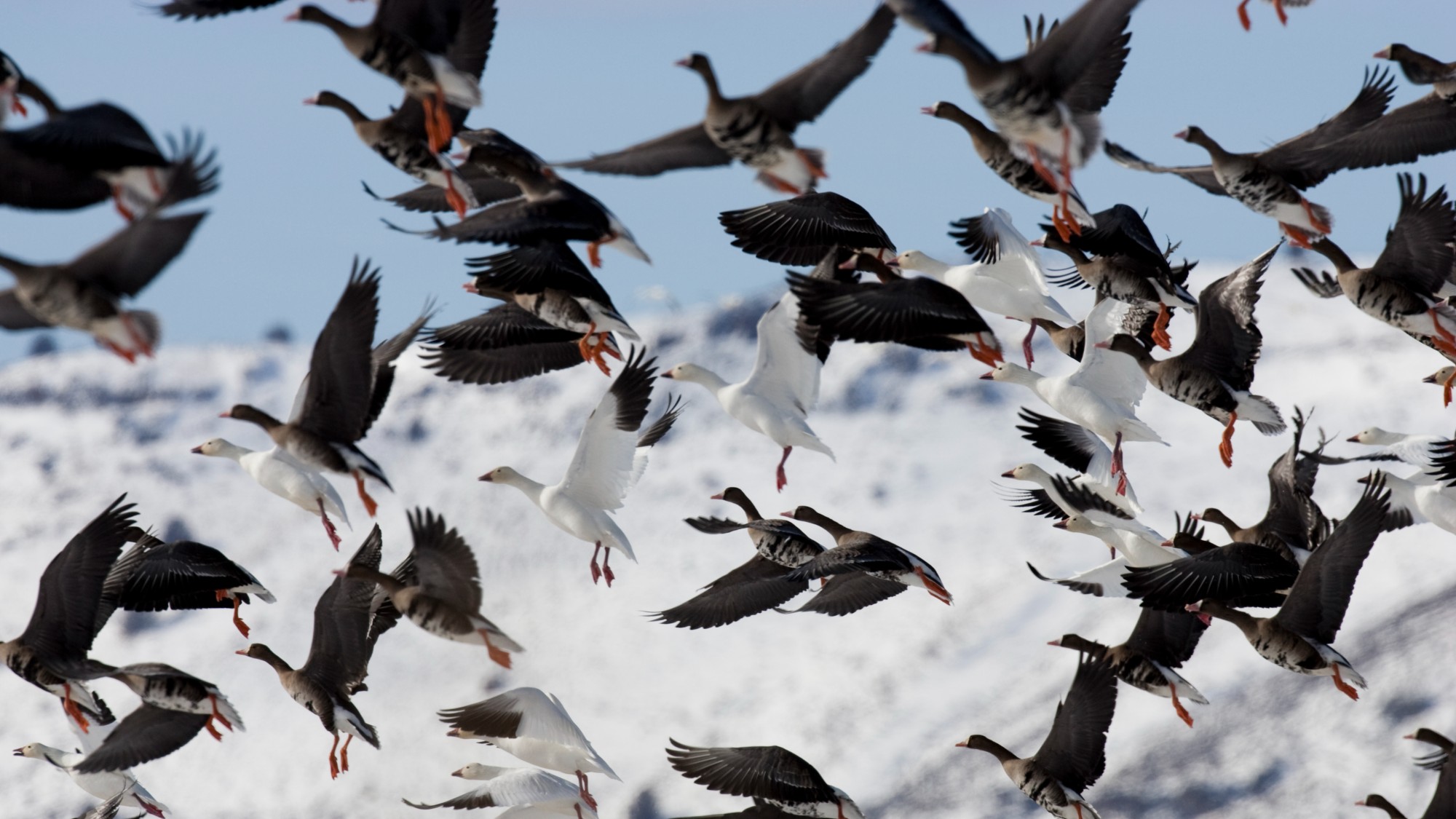 Icarus programme – the ‘internet of animals’
Icarus programme – the ‘internet of animals’The Explainer Researchers aim to monitor 100,000 animals worldwide with GPS trackers, using data to understand climate change and help predict disasters and pandemics
-
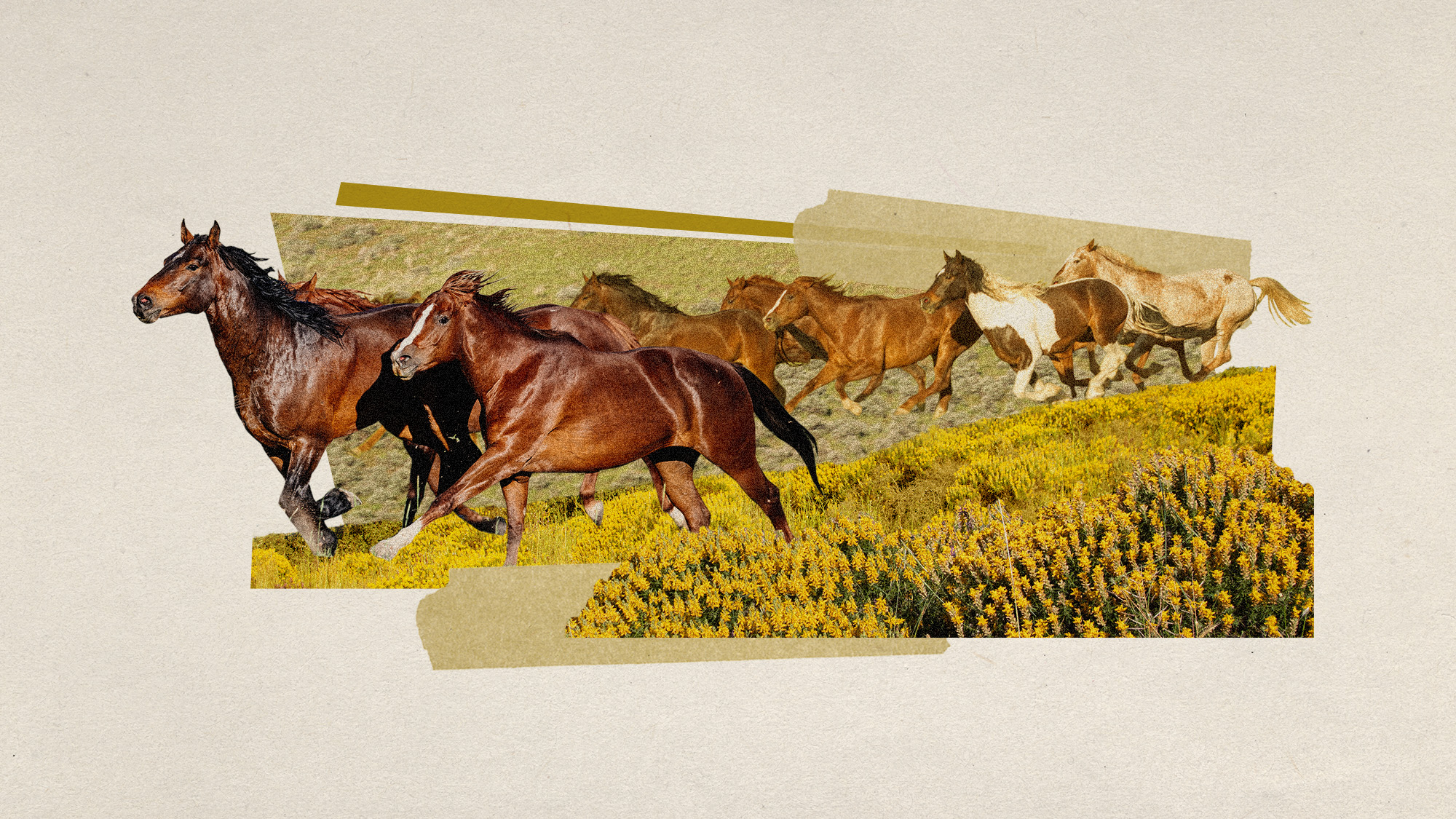 How wild horses are preventing wildfires in Spain
How wild horses are preventing wildfires in SpainUnder The Radar The animals roam more than 5,700 hectares of public forest, reducing the volume of combustible vegetation in the landscape
-
 Does Nepal have too many tigers?
Does Nepal have too many tigers?Under the Radar Wild tiger numbers have tripled in a decade but conservation success comes with rise in human fatalities
-
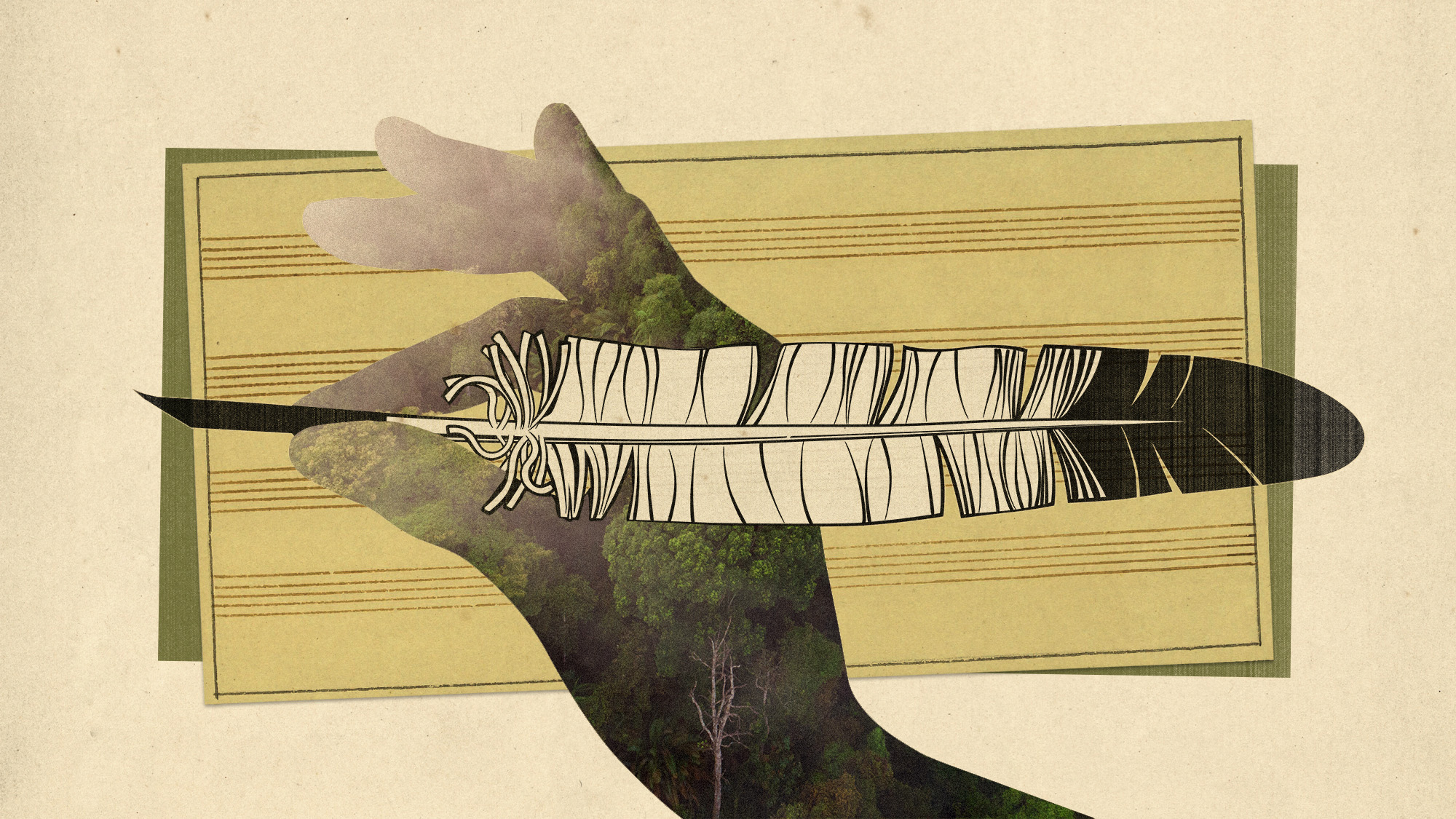 Ecuador's cloud forest has legal rights – and maybe a song credit
Ecuador's cloud forest has legal rights – and maybe a song creditUnder the Radar In a world first, 'rights of nature' project petitions copyright office to recognise Los Cedros forest as song co-creator
-
 The fight for fungi
The fight for fungiUnder the Radar The UK and Chile leading push for fungi to be placed on the same level as flora and fauna in global conservation efforts
-
 A human foot found on Mount Everest is renewing the peak's biggest mystery
A human foot found on Mount Everest is renewing the peak's biggest mysteryUnder the radar The discovery is reviving questions about who may have summited the mountain first
-
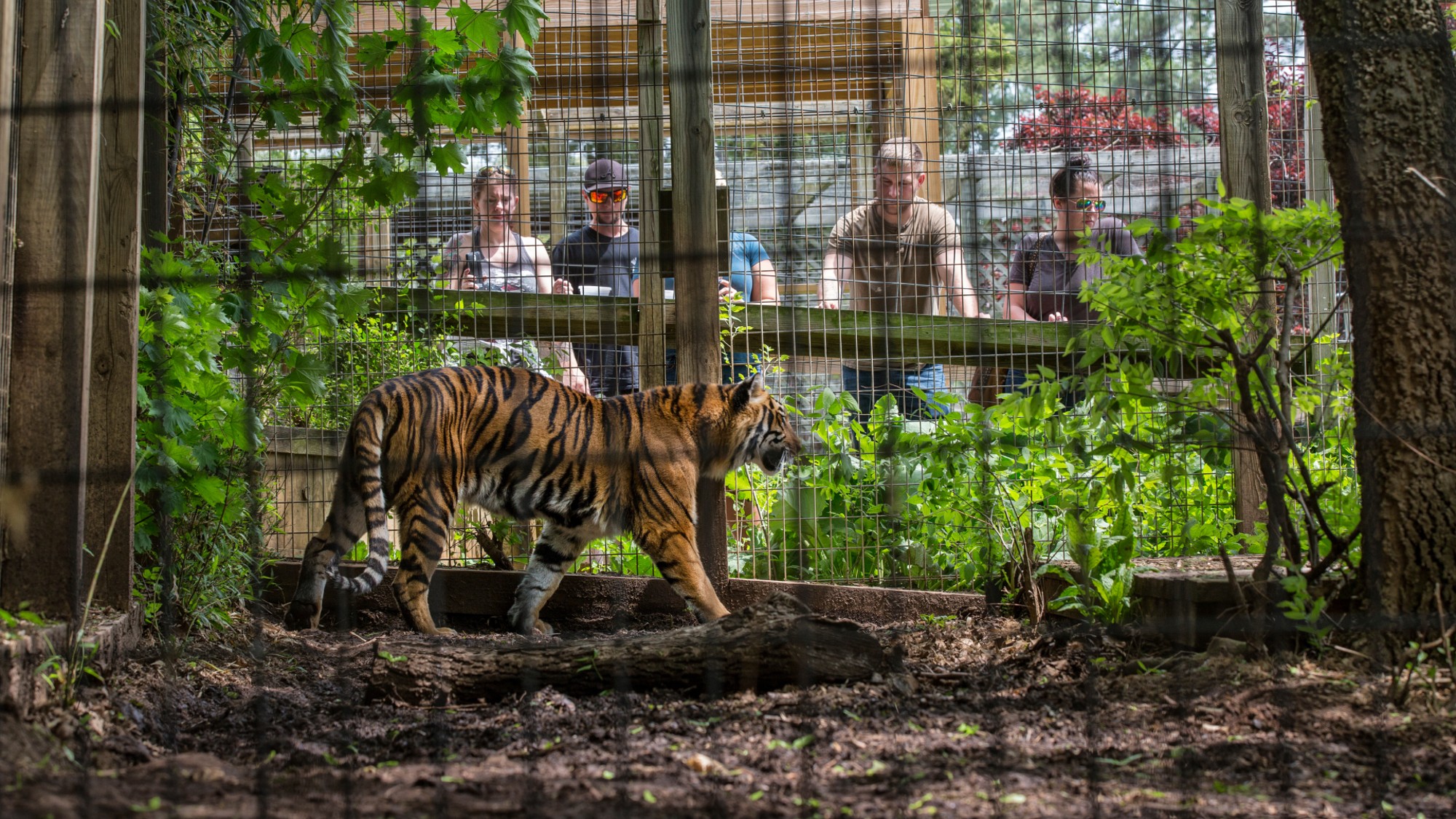 A new investigation has put the spotlight on roadside zoos
A new investigation has put the spotlight on roadside zoosIn the Spotlight Over 150 allegations against these zoos have been made over the past decade
-
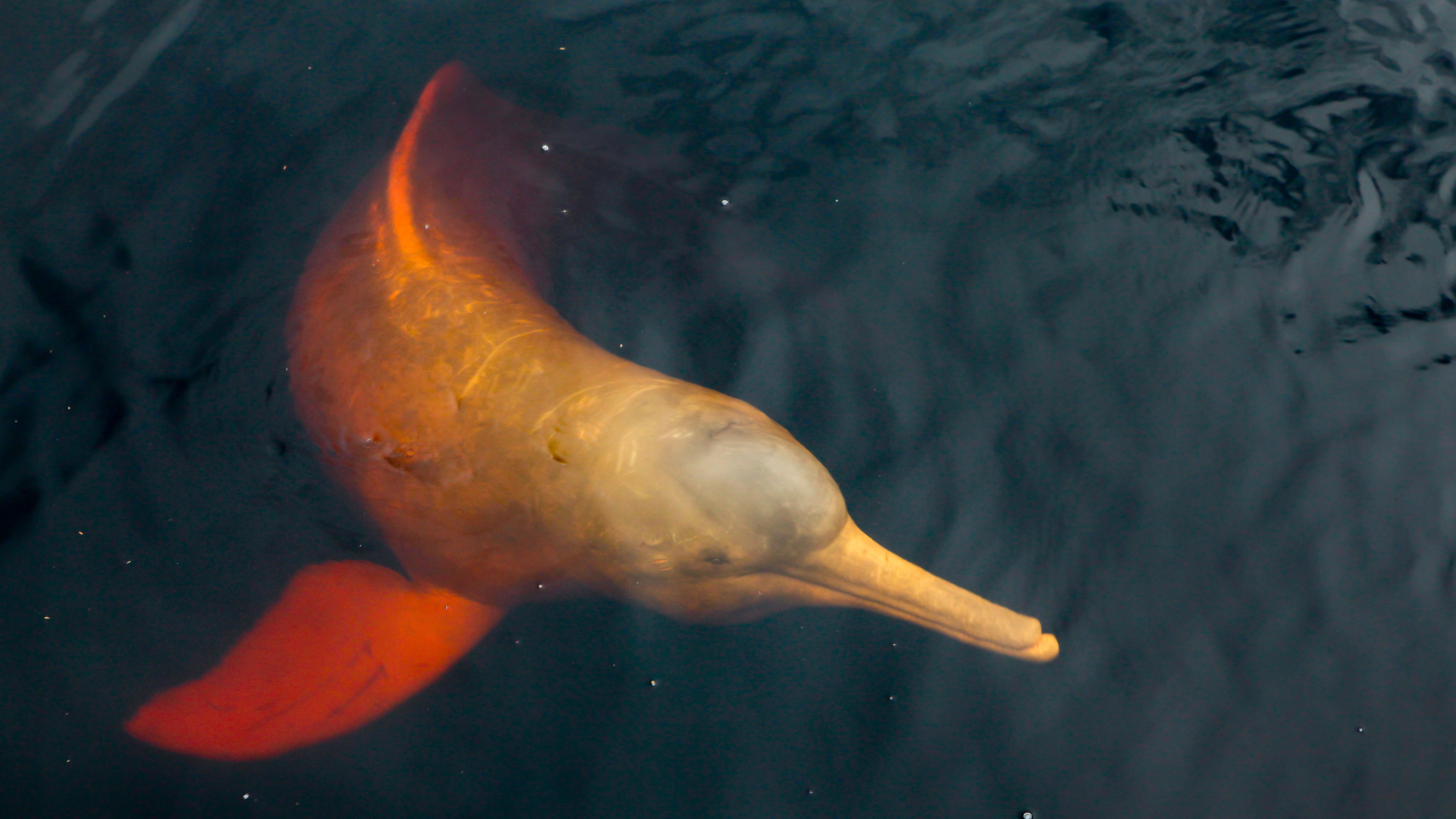 Wildlife populations drop a 'catastrophic' 73%
Wildlife populations drop a 'catastrophic' 73%Speed Read The decline occurred between 1970 and 2020